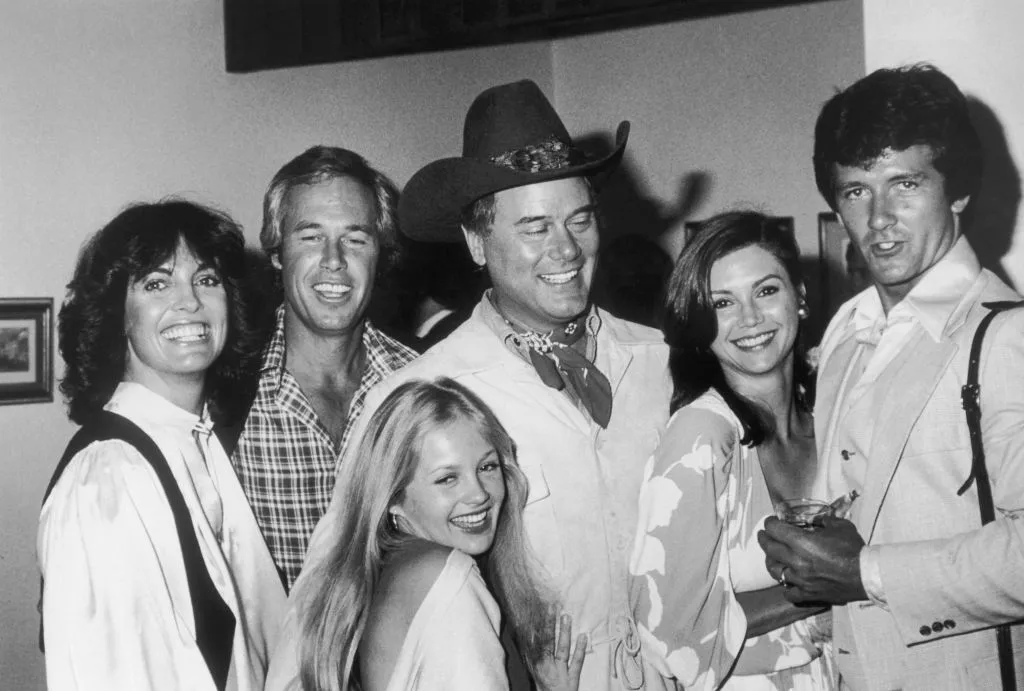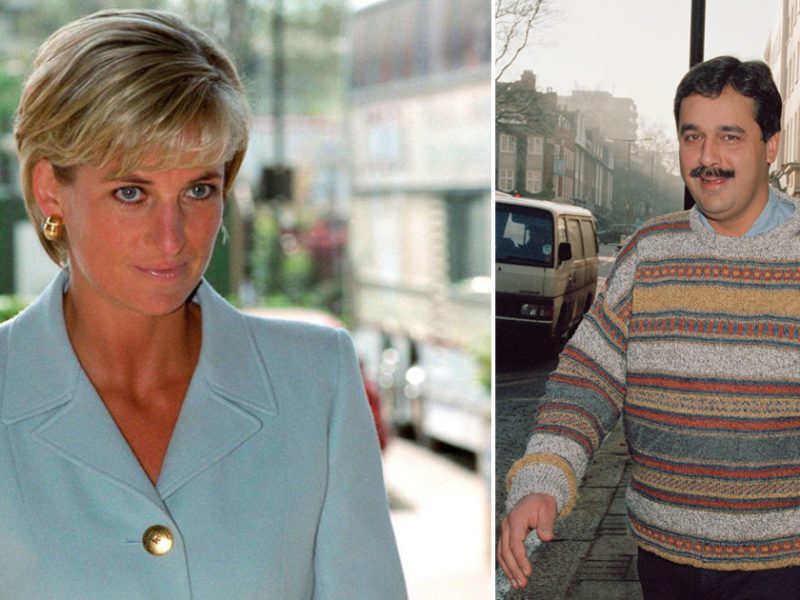Charlene Tilton became a household name in the 1980s as Lucy Ewing on the hit TV show Dallas, captivating millions with her fiery personality and undeniable charm. At the height of her fame, she earned $50,000 per episode and graced over 500 magazine covers, even drawing a staggering 65 million viewers for her character’s televised wedding. But behind the glitz and glamour, Charlene’s life was marked by hardship, trauma, and an unshakable will to survive.

Long before she became a TV icon, Charlene’s childhood was anything but stable. Born in San Diego in 1958, she never knew her father, an Air Force pilot who remained absent despite her later fame. Her mother, Katherine, struggled with severe mental illness, leaving Charlene in foster care by age five. She bounced between reluctant relatives and temporary homes, carrying the emotional scars of feeling unwanted. One of her most haunting memories? Watching her mother restrained in a straitjacket at a psychiatric hospital when she was just six years old.

Acting became her escape. Inspired by films like Mary Poppins and The Sound of Music, she pursued drama classes at Hollywood High School and moved into her own apartment at 15 to chase her dreams. Early roles in Happy Days and Freaky Friday led to her big break—Dallas. Though producers initially doubted her, Charlene’s persistence paid off when she landed the role of Lucy Ewing, skyrocketing her to fame.

But celebrity came at a cost. Her marriage to country singer Johnny Lee ended quickly under media scrutiny, and the constant public attention left her feeling like an object rather than a person. Financial struggles followed, and she eventually lost her home. Yet, through it all, she found strength in her faith and the support of co-star Larry Hagman.

After Dallas ended, Charlene faced another devastating blow—the sudden death of her fiancé, Cheddy Hart, in 2009. Grief led her to retreat from the world, but she eventually rebuilt her life by helping others, teaching acting to autistic children and advocating for autism awareness. Today, she lives peacefully in Nashville with her daughter and grandsons, free from bitterness. “I don’t dwell in self-pity,” she told People. Her story is a testament to resilience, proving that even the darkest past can lead to a brighter future.


